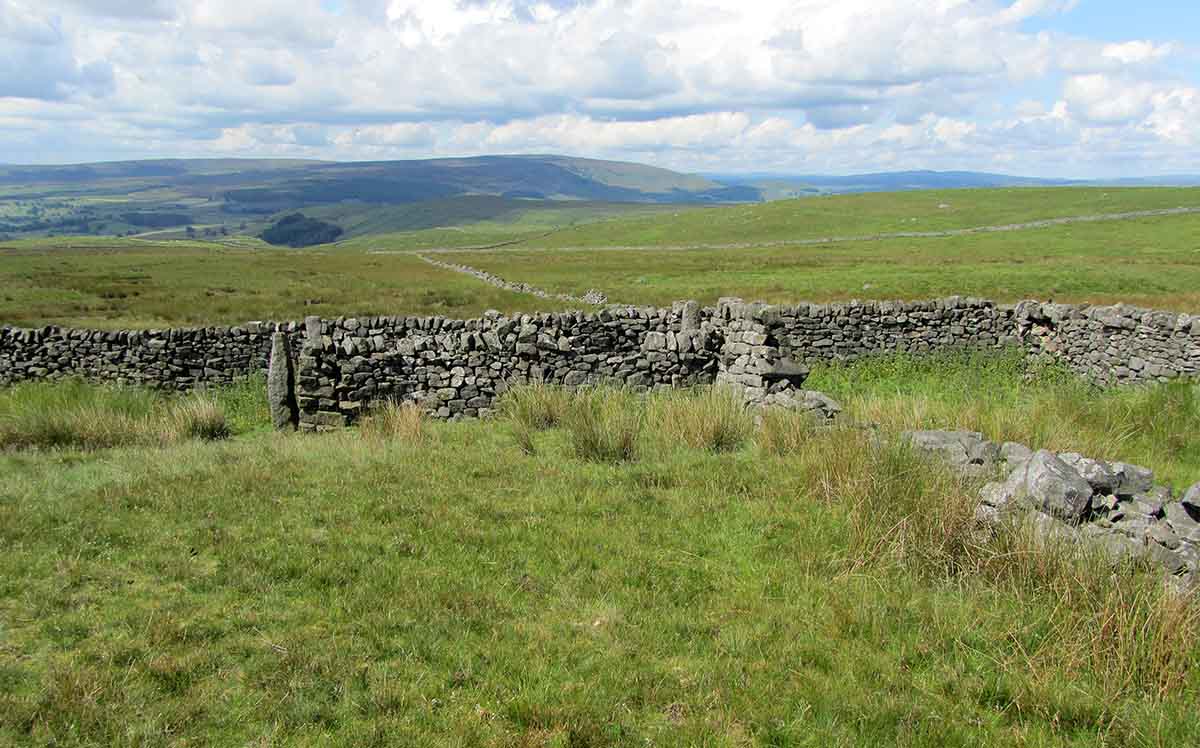
What is Adverse Possession?
Adverse possession is a legal concept that allows an individual to gain ownership of land or property that they have occupied without the owner’s consent. In the UK, adverse possession is rooted in ancient laws and modern statutes, making it a complex area of property law that requires careful navigation.
The premise behind adverse possession is that if a person possesses land for a certain period and the original owner doesn’t take legal action to remove them, the possessor could potentially gain legal ownership. However, it is essential to understand that this doesn’t mean you can simply move into an abandoned house and claim it as your own.
In some cases people believe they can claim a derelict property via the process of adverse possession, however this is usually not the case.

Legal Requirements for Adverse Possession in the UK
In the UK, the legal framework surrounding adverse possession is mainly governed by the Land Registration Act 2002 for registered land and the Limitation Act 1980 for unregistered land. Both Acts have unique requirements and timeframes for a successful adverse possession claim.
For registered land, the possessor must have occupied the land continuously for a minimum of 10 years. For unregistered land, the time frame extends to 12 years. But time alone is not enough; there are several other conditions that the possessor must meet, such as proving they have had factual possession and an intention to possess the land.
Related Articles:
Run down houses for sale in the UK
Remote property in Wales
Cheap rural cottages in Scotland
The Role of ‘Factual Possession’ and ‘Intention to Possess’
“Factual possession” refers to physically occupying the land, demonstrating a level of control as if you were the owner. This usually involves actions like installing fencing, cultivating the land, or making improvements. “Intention to possess” means the occupier must have a clear intention to possess the land exclusively, without the owner’s permission.
Both these criteria must be satisfied for an adverse possession claim to be successful. Mere occupation of the land is not enough; the intention to possess it must be clearly demonstrated and proven in a court of law.

The 10 and 12 Year Rules: Understanding Time Frames
As previously mentioned, the required timeframe for adverse possession varies based on whether the land is registered or unregistered. For registered land, the Land Registration Act 2002 requires a minimum of 10 years of continuous occupation. For unregistered land, the Limitation Act 1980 stipulates a 12-year period.
It’s crucial to note that these time frames restart if the original owner successfully ejects the possessor, even temporarily. Furthermore, these periods are not merely statutory limitations but also form the crux of any adverse possession claim.
Common Misconceptions About Adverse Possession
One of the most prevalent misconceptions is that adverse possession allows for ‘free land or property’. This is far from the truth.
Legal fees, the cost of maintaining the property, and the risk of being ejected by the original owner are just a few of the factors that make adverse possession a complex and often costly process.
Another myth is that the original owner loses all rights to reclaim their property once the time limit has expired. While it’s true that after 10 or 12 years, and the original owner’s options may become limited, they still have certain legal avenues to reclaim their property, especially if the possessor’s claim is found to be invalid.

What are the 5 requirements for adverse possession?
The 5 key requirements for adverse possession in the UK are: 1) Exclusive Possession: The claimant must exclusively possess the land, acting as the owner would. 2) Actual Possession: The claimant must physically use the land, demonstrating control over it. 3) Possession Without Consent: The occupation must occur without the legal owner’s permission. 4) Open and Notorious Possession: The possession must be obvious to anyone, including the legal owner. 5) Continuous Possession for a Specific Period: The claimant must possess the land continuously for at least 10 years (registered land) or 12 years (unregistered land) without interruption.
What is adverse possession in the UK?
Adverse possession in the UK refers to a legal principle allowing a person to claim ownership of land or property they have occupied without the owner’s permission, if done so for a continuous period under certain conditions. For registered land, this period is 10 years, and for unregistered land, it’s 12 years.
Does land become yours after 12 years?
In the UK, for unregistered land, you may claim ownership through adverse possession after continuously and exclusively occupying the land without the owner’s permission for a period of 12 years. For registered land, the period is 10 years. However, successfully claiming ownership requires meeting specific legal criteria and submitting an application to the Land Registry, which may involve legal challenges from the original owner.
How do I stop someone from claiming adverse possession?
To prevent adverse possession claims, regularly inspect your land, clearly mark boundaries, ensure it’s secured, promptly address any unauthorised use or occupation, and consider formal agreements with occupants. Engaging a solicitor for legal advice and actions may also be necessary.
How to Defend Against an Adverse Possession Claim
If you are a property owner facing an adverse possession claim, immediate legal action is advisable. Collect evidence to prove that the occupier did not have factual possession or intention to possess. You could also consider serving an eviction notice or obtaining a court order.
You can also register a caution against first registration if the land is unregistered. This will notify you if someone attempts to register the land, allowing you to challenge their application and thereby defend your ownership rights.
To prevent someone from claiming adverse possession of your property in the UK, consider the following steps:
- Regular Inspection: Regularly inspect your property to identify any unauthorised use or occupation.
- Secure the Property: Ensure your property is securely fenced or barricaded to prevent unauthorised access.
- Issue Formal Warnings: If you find someone using your property without permission, issue a formal warning or notice to vacate.
- Grant Permission: Temporarily granting permission for use can interrupt the continuity of adverse possession, as it negates the “without consent” requirement.
- Legal Action: If necessary, take legal action to remove unauthorized occupants through eviction proceedings.
- Land Registry Alerts: Register for Land Registry’s Property Alert service to receive notifications of certain applications affecting your property.
- Lease or Rent: Formally leasing or renting the property to the occupant on agreed terms can also prevent adverse possession claims.
The table below shows the approximate number of abandoned houses in the UK
| UK Nation | Number of Abandoned Houses* |
|---|---|
| England | 236,000 |
| Scotland | 49,000 |
| Wales | 26,000 |
| Northern Ireland | 14,000 |
* – These are estimates based on available data.

Adverse Possession: Ethical And Other Considerations
Adverse possession is a contentious issue, raising both ethical and legal dilemmas.
While the law provides a framework for resolving ownership disputes, it’s often the responsibility of individual property owners to be vigilant about their land.
Legal advice should always be sought when dealing with adverse possession cases, both for potential possessors and original property owners. Understanding the law can aid in either mounting a successful claim or defending against one, making this a vital topic for anyone involved in property in the UK.
Disclaimer
This article is intended for informational purposes only and does not constitute legal advice. We are not a law firm, legal experts, or a substitute for consultation with qualified legal professionals. Seek professional legal advice to understand your rights and obligations.
Return to UK Property Market magazine